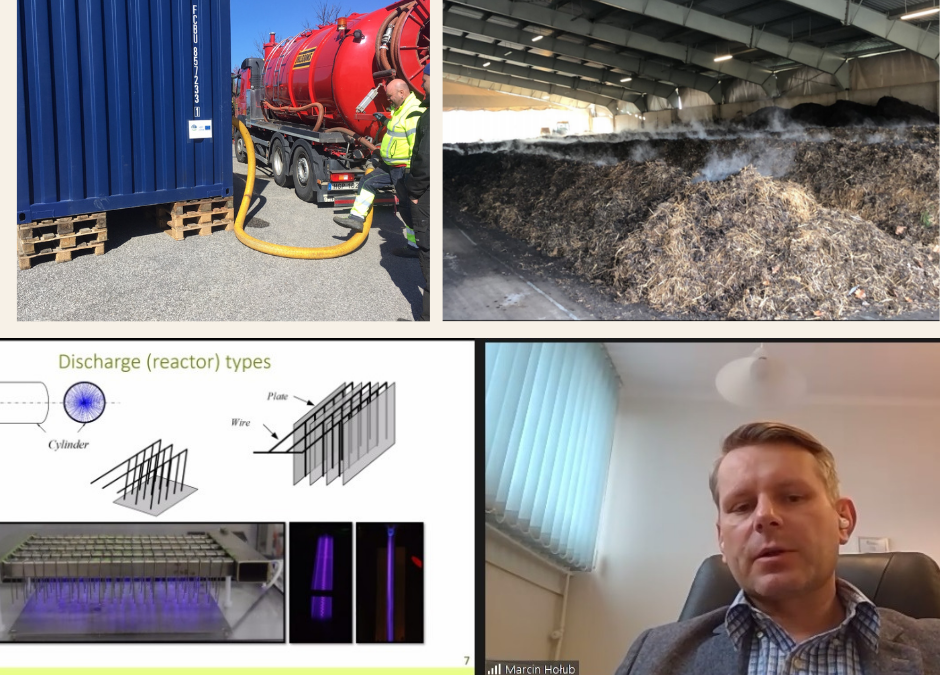Due to climate change, excessive consumption and pollution, water resources are constantly under the high pressure. The pollution of wastewater and sludge by phthalate acid esters (PAEs), which partly reflects the plastic presence in the water, sewage sludge utilization solutions, unpleasant odour reduction and removal technology, innovative sludge composting solutions that reduce the operating costs of wastewater treatment plants are relevant questions that should be discussed nowadays by international professionals/specialists. Therefore, the online workshop “Ecological sludge processing and reuse” of the international EU Interreg South Baltic program project STEP – “Sludge Technological Ecological Progress – increasing the quality and reuse of sewage sludge” has been organised by Klaipeda University on 4th of March, 2021. The international event attracted a lot of interest from environmental institutions, water management companies, academic society and the public.
72 online workshop participants had the opportunity to get acquainted with the STEP project results. Project leader – professor habilitated doctor Marcin Holub of the West Pomeranian University of Technology in Szczecin Poland, shared the results of research at the sludge composting site removing odours using a cold plasma testing technology. Attention was paid to the carcinogenic and toxic substances measured during the research and the different efficiency of the cold plasma facility achieved during the composting stages. Professor Robert Sidelko from Koszalin University of Technology and Professor Grzegorz Siebielec from the Institute of Soil Research and Plant Cultivation (IUNG) in Poland presented a composting method based on the use of sewage sludge and straw mixtures that improves soil biological properties, crop yields and does not cause a risk to environmental pollution. Danish partner Torben Jorgensen from Bornholms Energy & Supply shared the simulation results, reviewing the impact on nitrogen and phosphorus treatment efficiency and energy savings by eliminating 20% and 40% of excess water (i.e. rain, groundwater) inflow to wastewater treatment plant. Elin Olsson from Mittskane Vatten presented the Swedish problems related to the concentration of heavy metals in external wastewater. It was estimated that the access of metals into wastewater treatment plant can be reduced by separate external sludge treatment. Studies show that dewatered external (septic) sludge has increased copper and zinc concentrations. Professor Olga Anne of Klaipeda University shared Danish environmental management solutions that reduce the amount of phthalates entering the wastewater. Dr. Donatas Bagocius from Klaipeda University during Gabi simulation found that using one of the current methods of sewage sludge utilization, such as incineration, emissions to the air is about 7 times higher than composting of sewage sludge according to the innovations proposed by Polish partners. Such measures would reduce the impact on climate change accordingly.
The project is planned to be completed already in summer 2021. Summarizing project results will be presented in one single document White Book – the Manual of Wastewater and Sludge Management Measures.
The workshop material press here.

